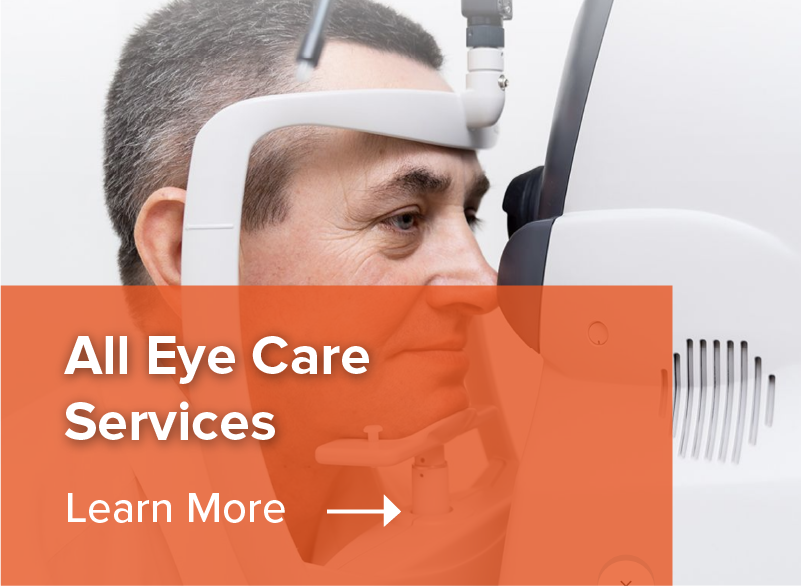In today’s world, where our lives are heavily dependent on digital screens and close-up work, maintaining optimal visual skills is crucial. While glasses and contact lenses can correct refractive errors, they may not address underlying visual processing issues. This is where vision therapy comes into play, offering a comprehensive approach to enhancing visual abilities and improving overall visual performance.
What is Vision Therapy?
Vision therapy is a non-surgical, customized program designed to retrain and enhance the neurological connections between the eyes and the brain. It involves a series of specialized exercises and activities tailored to the individual’s specific visual needs. These exercises aim to improve various visual skills, such as eye tracking, focusing, convergence, and visual processing.
Unlike traditional eye care treatments that focus solely on correcting refractive errors, vision therapy targets the underlying neurological processes responsible for efficient visual function. By strengthening these processes, individuals can experience improved visual abilities, leading to better academic or professional performance, enhanced sports performance, and an overall improvement in quality of life.
How Vision Therapy Works
Vision therapy is grounded in scientific principles and research. The human visual system is a complex network involving the eyes, brain, and various neurological pathways. When these components work together seamlessly, we experience clear, comfortable, and efficient visual processing.
However, in some cases, there may be disruptions or inefficiencies in the visual system, leading to challenges such as:
- Convergence insufficiency (difficulty with eye teaming and focusing)
- Amblyopia (lazy eye)
- Strabismus (misaligned eyes)
- Visual processing disorders
- Visual-motor integration deficits
Vision therapy addresses these issues by providing a structured program of activities designed to retrain the visual system and improve its functionality. Through repetitive and progressive exercises, the brain learns to process visual information more efficiently, leading to improved visual skills and overall visual performance.
Who Can Benefit from Vision Therapy?
Vision therapy can be beneficial for individuals of all ages, from children to adults. Here are some common scenarios where vision therapy may be recommended:
Children with Learning Difficulties: Children struggling with reading, writing, or comprehension. Additionally, those diagnosed with learning disabilities or attention disorders.
Adults with Visual Strain or Discomfort: Individuals experiencing frequent headaches, eye strain, or fatigue during close work. Those with convergence insufficiency or other binocular vision disorders can also benefit.
Athletes and Sports Enthusiasts: Individuals seeking to enhance their visual skills for better performance in sports looking to improve hand-eye coordination, depth perception, and visual reaction time.
Individuals with Neurological Conditions: Patients recovering from traumatic brain injuries or strokes.
Individuals with Specific Visual Conditions: Patients with amblyopia (lazy eye), strabismus (misaligned eyes), and those with visual processing disorders or visual-motor integration deficits.
Is Vision Therapy Right for You?
Vision therapy offers a comprehensive approach to enhancing visual abilities and addressing underlying visual processing issues. Whether you’re a child struggling with learning difficulties, an adult experiencing visual strain, or an athlete seeking to improve performance, vision therapy may be a valuable solution.
However, it’s essential to consult with an optometrist to determine if you or your child is a suitable candidate. Your eye doctor will conduct a thorough evaluation and develop a personalized treatment plan tailored to your specific needs.
If you or a loved one are experiencing visual challenges or seeking to enhance visual abilities, schedule a comprehensive vision evaluation to determine if vision therapy is the right approach. Visit Medical Center Eye Associates at our office in Amarillo, Texas, or call (806) 545-9400 to book an appointment today.


